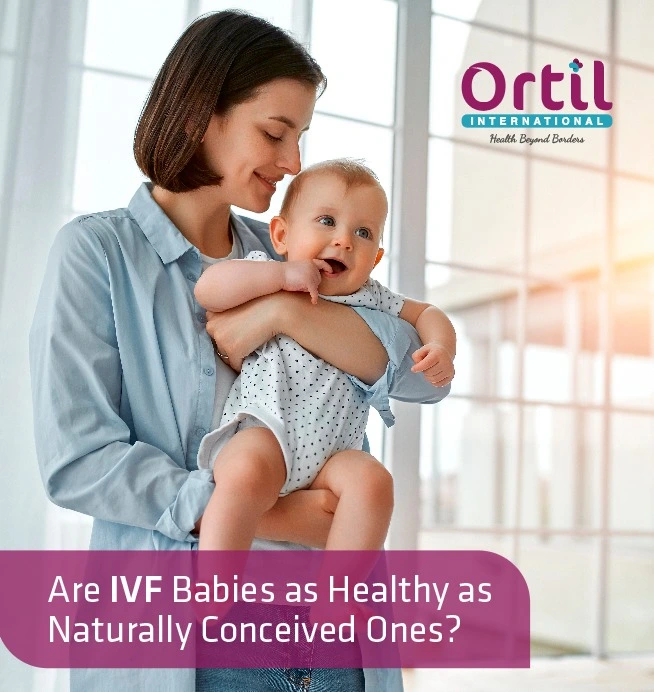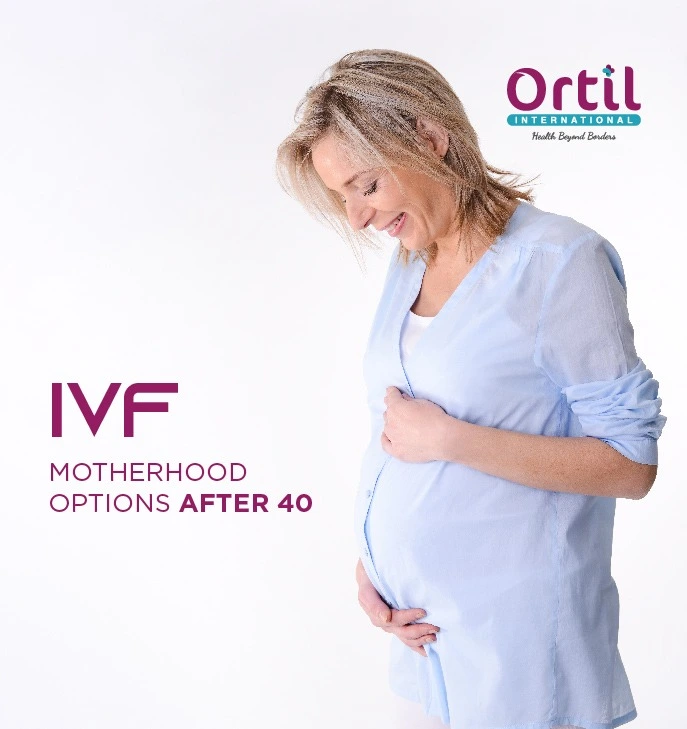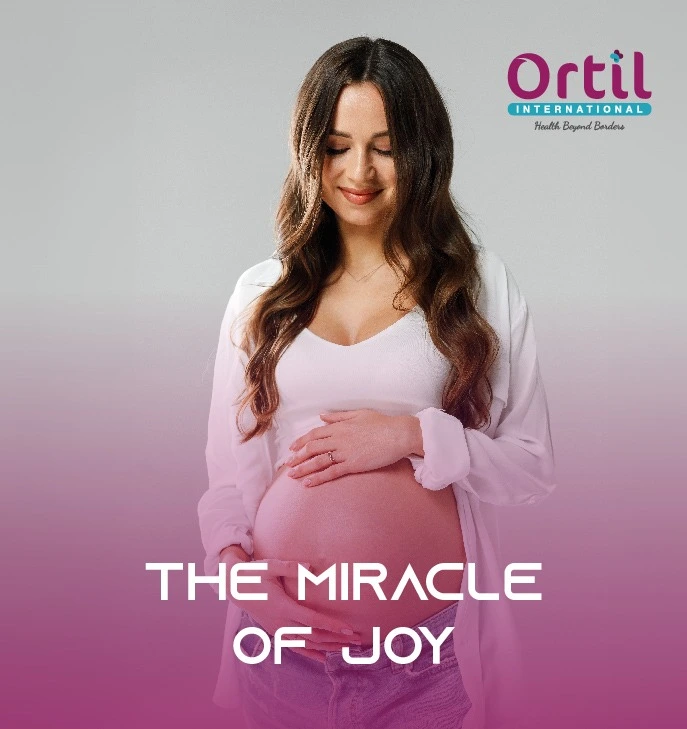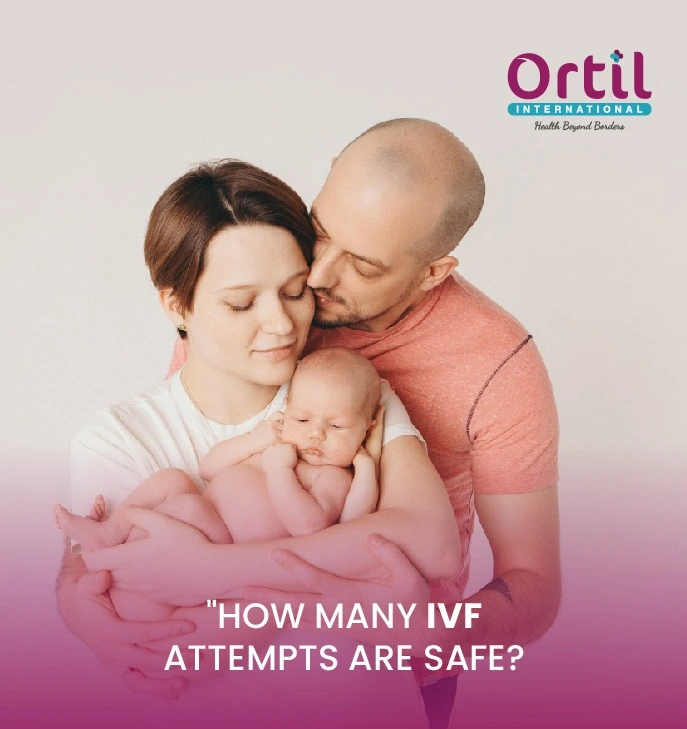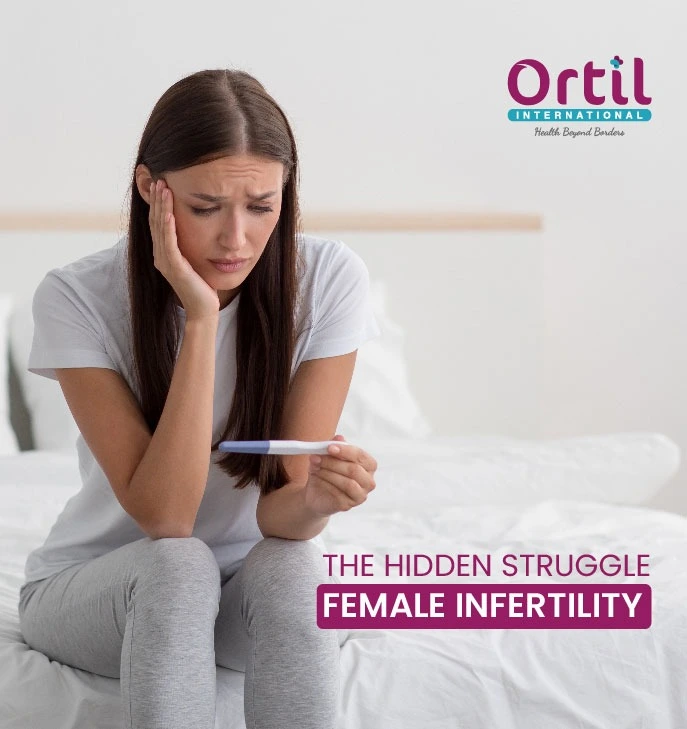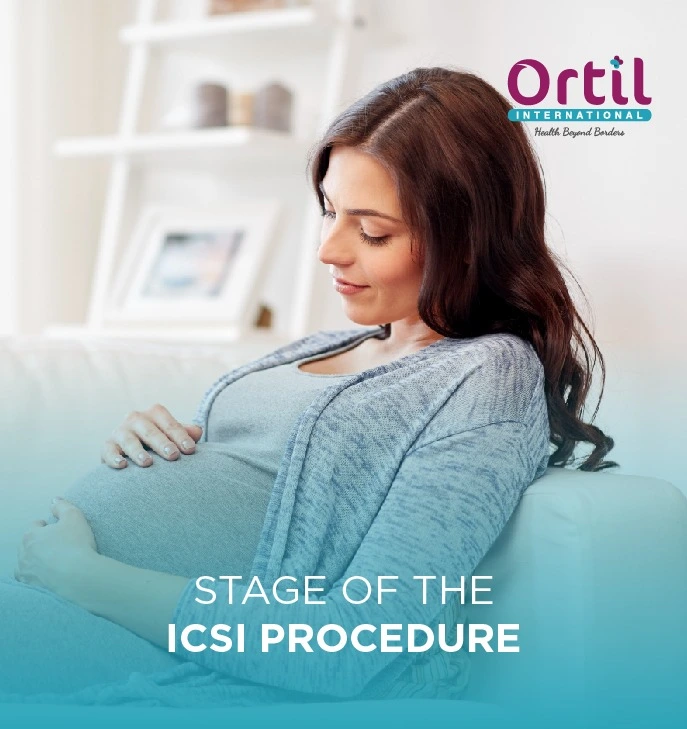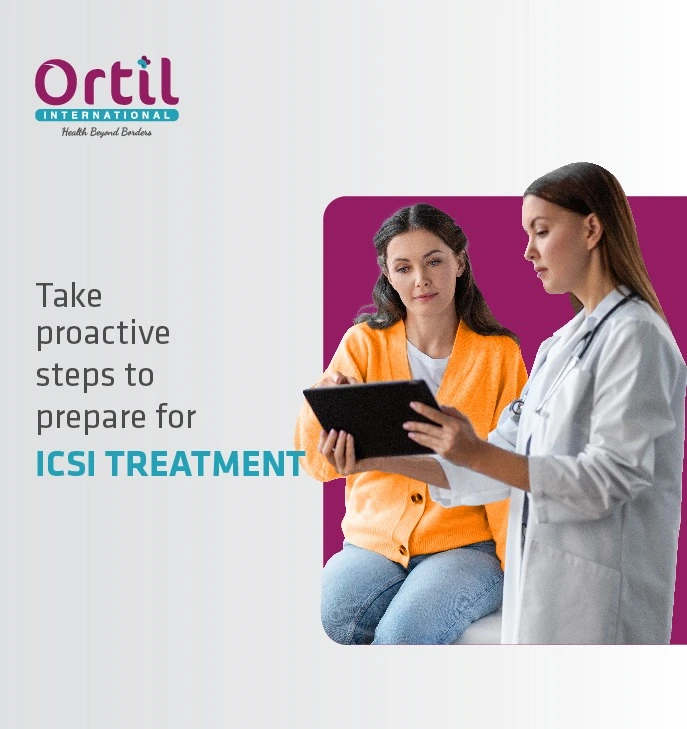Are Infants Conceived Through IVF Treatment in Good Health?

The couples who are planning to get the treatment of IVF have many concerns regarding this treatment. There must be many questions they have in their mind but one of the most concerning questions they ask is that “are babies born through IVF healthy or not?” so we will discuss this here. But we will find the answer according to scientific studies.
Are IVF Babies Healthy?
IVF (In Vitro Fertilization) babies can be healthy just like babies conceived through natural pregnancy. The health of IVF babies usually depends on many aspects such as the health of the mother, embryo quality used in IVF treatment, and care during pregnancy. There is slightly high risk of complications like preterm birth. But latest studies in assisted reproductive technology are increasing the chances of success and overall outcomes. The majority of IVF babies grow into healthy individuals without any discrimination from naturally conceived children. IVF babies are only different in the conceiving method.
Effective care during pregnancy, a wholesome pregnancy lifestyle, and a supportive medical team all contribute to maternal and fetal health.
Things to Know About IVF Babies
In Finland, a comprehensive study revealed that the annual rate of children born through In Vitro Fertilization (IVF) is approximately 3.3%. Notably, there was no difference in overall health and mental development between IVF babies and those who were naturally conceived.
Also, another study conducted on adults who were born through IVF revealed that there are no problems related to heart, growth, and breathing issues.
Usually, 3% to 5% babies of in the general population are born with birth defects. After an IVF procedure, current studies suggest that there is only an increase of around 1% in the birth defect rate of IVF babies in total.
It is important to know that the IVF babies who are born with low birth weight and, in rare cases, die in the first year are due to the age of the mother at the time of treatment and fertility conditions rather than the IVF process itself.
What is the Difference Between IVF Conception and Normal Conception?
IVF conception and normal conception differ primarily in the way fertilization occurs and the setting in which it takes place.
In a normal conception, sperm and egg meet inside the woman’s body after sexual intercourse. After fertilization, the egg then travels to the uterus for implantation.
On the other hand, IVF involves a more controlled process. Eggs are surgically retrieved from the woman's ovaries and then fertilized with sperm in a laboratory dish. The resulting embryos are monitored for a few days before one or more are selected for transfer into the woman's uterus. This allows for greater control over the fertilization process.
IVF is often recommended when natural conception is difficult due to various factors such as blocked fallopian tubes, low sperm count, or unexplained infertility. It is important to note that the success rates of IVF can vary and may need multiple cycles. Both methods are used to achieve the same goal which is a healthy pregnancy and the birth of a baby but they differ in the methods used to achieve that goal.
IVF Babies and Imprinting Disorders
Imprinted diseases happen when some changes occur in the level of DNA in sperm cells or egg cells. Many concerns arise about the possibility of Imprinted diseases in IVF babies but no evidence shows IVF or ICSI treatments are directly involved in causing these diseases.
While imprinting disorders are more common after IVF or ICSI in humans, future studies need to consider fertility issues in both the affected people and those being compared. It is doubtful that assisted reproduction techniques can be a cause of imprinted diseases in humans.
What are Preimplantation Genetic Tests?
Preimplantation Genetic Testing (PGT) is a diagnostic test that is usually performed before the implantation of the embryo in the IVF process. This test can analyze the embryo genetically before the transfer of the embryo into the uterus.
It is performed to detect the chances of chromosomal abnormalities and the associated diseases.
What is Amniocentesis?
Amniocentesis is a diagnostic test that is performed during pregnancy. Amniotic fluid surrounds the baby in the womb. It might be suggested to examine or detect genetical or chromosomal diseases, like Down syndrome, Edwards syndrome, or Patau syndrome. In this procedure, a small sample of cells is extracted from the amniotic fluid to examine it in the laboratory.
Responding to Concerns about IVF Babies
Some couples are concerned about the health of babies that are born with IVF treatment. They doubt that their babies may have a greater chance of developing genetical diseases or may have more health-related problems as they grow up.
Many studies show that most IVF babies grow up normally. IVF clinics check the quality of embryos carefully before transferring them to the womb, and doctors are skilled to decrease the chances of any risk. While there might be some small differences in health, most IVF babies are healthy and develop normally. So it is wrong to say that IVF babies are born with genetical or other health problems.
Conclusion
IVF treatment is a hope for couples who cannot have children naturally. After looking at research and what we have seen, we suggest you try an IVF treatment if you are unable to conceive naturally because babies born through IVF are perfectly healthy.
FAQ's
Do IVF Babies Have Health Problems?
IVF babies generally do not have more health problems than naturally conceived babies.
Do IVF Babies Have Increased Risk?
There might be a slightly increased risk of certain issues.
Can an IVF Baby be Delivered Normally?
Yes, IVF babies can be delivered normally like any other baby.
What are Babies Born Through IVF Called
Babies born through IVF are commonly referred to as "IVF babies" or "test-tube babies."
What are the Long-Term Effects of IVF Babies?
Most IVF babies grow up to be healthy just like naturally conceived babies.










